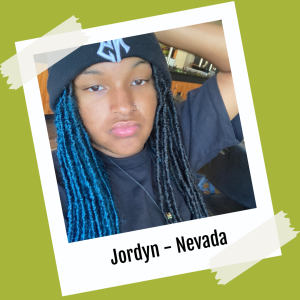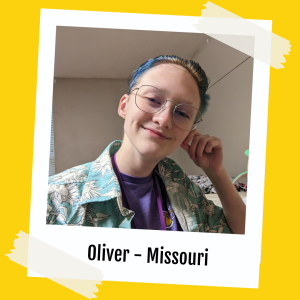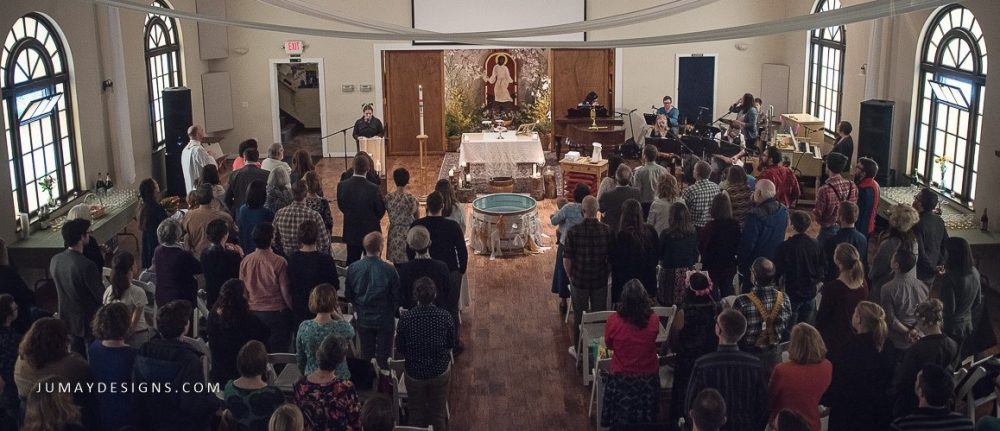Dear youth leader,
As you prepare for the Gathering, you might be feeling a mix of excitement and anxiety. The task of planning and leading a trip for your group can be daunting, especially knowing that thousands of youth and their leaders from various congregations across the ELCA will be converging in New Orleans in just a few short months. The pressure to ensure everything goes smoothly, from travel logistics to group dynamics, can feel overwhelming. Know that these feelings are completely normal, and you are not alone in this journey.
We recognize the immense effort you are putting into planning this experience. It’s no small feat to organize travel logistics, accommodation details, and a full schedule of activities while also keeping your youth engaged and enthusiastic. The unknowns and potential challenges can add to your worries. Remember, your dedication and hard work are deeply appreciated, and you are making a significant impact on the lives of these young people.
Here are a few thoughts to help you navigate this journey:
- Your Presence Matters: How you show up—your attitude, your energy, your openness—will greatly influence the experience of your group. Your youth look to you for guidance and reassurance. Even when things don’t go as planned, your calm and non-anxious presence can help keep the group grounded.
- Embrace Curiosity: Approach this experience with a posture of curiosity. Encourage your youth to ask questions and explore. It’s okay to admit when you don’t have all the answers. Use these moments as opportunities to brainstorm together and discover solutions as a team.
- Flexibility is Key: Let your group know from the start that things might not always go according to plan. Emphasize the importance of being flexible and open to change. Challenges can be valuable learning experiences. Ask, “What can we learn from this?” and use setbacks as teaching moments.
- Be Prepared: While it’s essential to have a solid plan, it’s equally important to be ready to adapt. Have backup plans in place and stay nimble. Be prepared for the unexpected, and trust in your ability to navigate through any hurdles.
- Encourage Leadership: Empower your youth to take the lead. Trust them to handle responsibilities and make decisions. This not only alleviates some of your burdens but also helps them grow in confidence and capability.
- Prioritize Self-Care: The summer heat in New Orleans can be intense. Ensure both you and your youth stay hydrated, wear sun protection, and take necessary breaks. Your well-being is crucial for the success of the trip.
- Be Authentic: Show your true self to your youth. Your authenticity will inspire them to be genuine and open. Be brave in sharing your own experiences and feelings.
Dearest youth leader, hear these words: you are capable! You have been called to this role because you have what it takes. Trust in your abilities and the support around you. You are enough! You don’t need to have all the answers or be perfect. Your presence, care, and leadership are more than enough. You are brave! Stepping into the unknown with courage and an open heart is a testament to your bravery. Your willingness to lead and support these young people is admirable. You are making a difference! Every effort you put in, every moment of guidance, every word of encouragement—it all matters. You are shaping lives and making a lasting impact.
Amidst all the planning and preparation, remember to take moments to breathe, reflect, and recharge. Your efforts are seen, and your dedication is making a difference. As you lead your group this summer, may you find strength, joy, and fulfillment in the incredible journey ahead.
Take care, be brave, and may you and your youth find inspiration and growth in who God has created you to be.
We’ll see you in the bayou!







